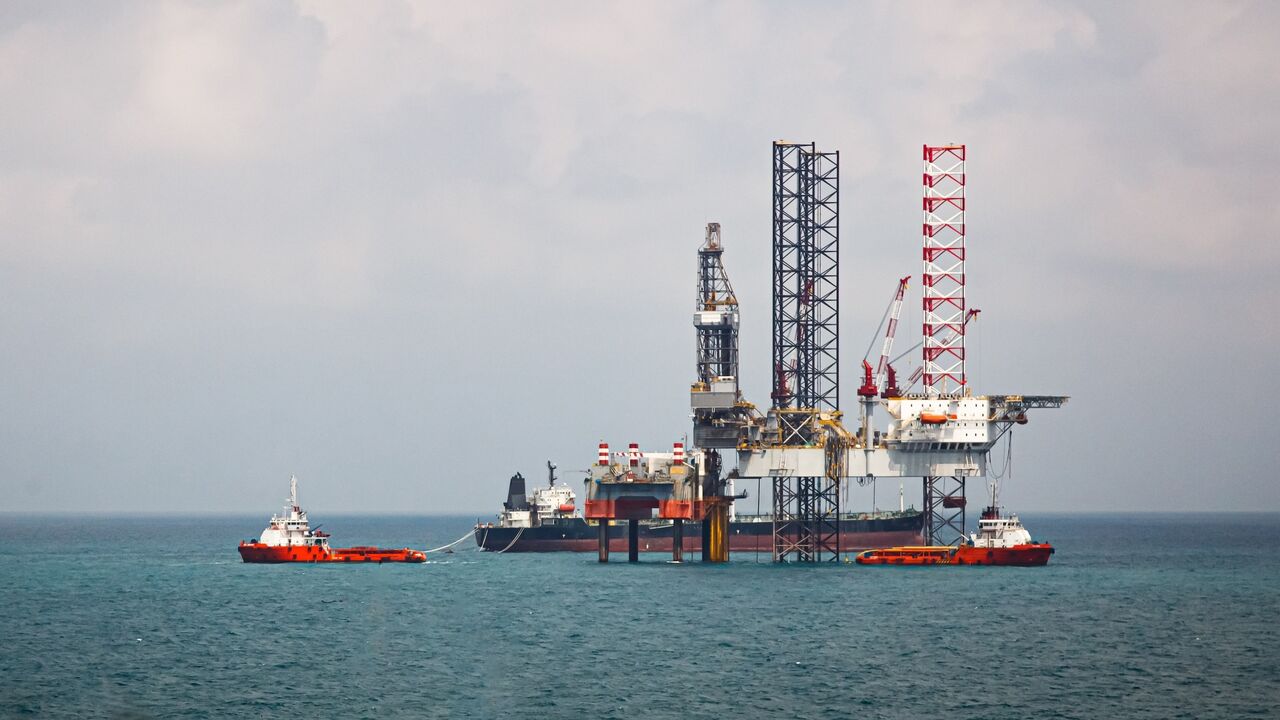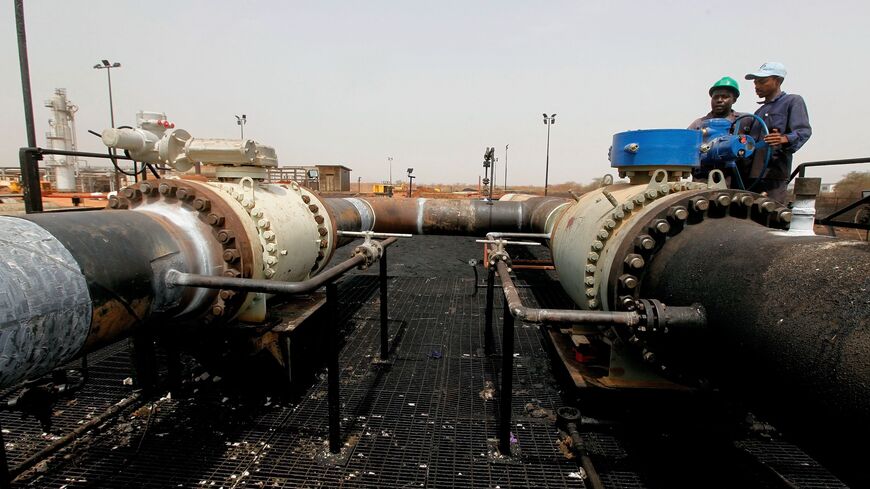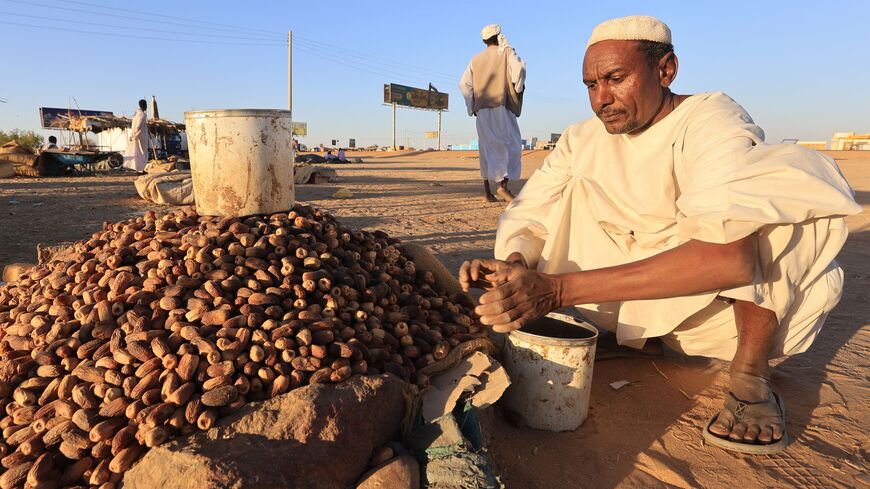South Sudan’s oil at risk due to Sudan civil war
South Sudan depends on its northern neighbor to export its oil and is facing difficulties with the exports due to the war there and the conflict in the Red Sea.

South Sudan’s oil sector and economy have been significantly disrupted by the war in Sudan and the conflict in the Red Sea, South Sudanese officials and a watchdog warned this week, presenting a risk to stability in east Africa.
S&P Global Insights reported on Thursday that the Dar Petroleum Oil Company declared a force majeure on loading South Sudan’s Dar Blend of crude oil last month due to a rupture in an oil pipeline in Khartoum that carries South Sudan’s oil exports. At least one cargo load of 600,000 barrels of oil due to be loaded on Feb. 22 and Feb. 23 was canceled, according to the London-based energy and commodities information service.
Dar Petroleum Oil Company is one of the main oil producers in South Sudan. It is composed of the China National Petroleum Corporation, Petronas of Malaysia and other companies.
The pipeline rupture comes amid the continuing war in Sudan between the Sudanese armed forces and the Rapid Support Forces rebels, aka RSF. South Sudan relies on Sudan’s pipelines and refineries, as well as Port Sudan on the Red Sea, to export its 150,000 barrels of oil per day. The war in Sudan has significantly damaged Sudan’s oil infrastructure, including the major refinery Al-Jaili, thereby threatening South Sudan’s oil exports, according to a February Bloomberg report.
South Sudanese officials addressed the issue with oil flows earlier in the week. The country’s information minister, Michael Makuei Lueth, told reporters on Tuesday that some of the oil pipelines that take oil from South Sudan to Sudan are experiencing a “gelling process.” During oil flow shutdowns, crude oil can turn into gel-like composition that makes restarting flows more difficult.
“Now the pipelines taking our crude to Port Sudan have experienced gelling process … making it difficult for the crude oil to reach export markets,” said Lueth, as reported by the South Sudan Broadcasting Corporation.
Lueth added that South Sudan’s crude oil would have difficulty being exported from Port Sudan should it reach there due the attacks by Yemen’s Houthi rebels in the Red Sea.
“Even if the crude were to reach port Sudan, it would not be possible to ship it for sale due to the threat of blocking shipping in the Red Sea,” he said.
The Iran-backed rebels have been attacking ships in the Red Sea since the start of the Gaza war, severely disrupting global trade.
South Sudan’s oil exports are beginning to drop amid the war in Sudan and the Red Sea situation. S&P Global Insights noted that exports out of Sudan's Bashayer oil terminal in the Red Sea hit an 11-month low of 79,000 barrels per day in February. Both Sudanese and South Sudanese oil is exported via the terminal.
South Sudan gained independence from Sudan in 2011.
Why it matters: The oil issue further demonstrates the effects of the Sudanese war on South Sudan. The International Rescue Committee noted in a December report that the war has disrupted South Sudan’s food imports, causing the price of a bread basket to rise by 30% in the country. South Sudan is additionally struggling with an influx of refugees from Sudan and the depreciation of its currency, according to the humanitarian organization.
South Sudan would face tremendous difficulties if its trade routes for oil and other goods in Sudan were to be blocked.
“If these trade routes close, South Sudan’s economy will likely face a major crisis, with reductions in economic activity that will cause particular harm to the most poor and vulnerable,” read the International Rescue Committee report.
South Sudan is heavily dependent on oil. The product is responsible for 90% of the country’s revenue and nearly all of its exports, the World Bank noted in a 2022 report.
Lueth said on Tuesday that Juba is working to diversify the economy and implement financial reforms in order to meet its obligations, including the payment of salaries. He did not immediately provide further details.
The South Sudanese oil disruptions could additionally impact China's oil imports. The People’s Republic was South Sudan’s top oil customer in 2021, receiving 65.7% of the east African country’s oil exports, according to the Observatory of Economic Complexity.
China has longstanding oil relations with South Sudan that predate the succession from Sudan.
Know more: Sudanese army chief Gen. Abdel Fattah al-Burhan visited Egypt on Thursday. The trip followed his visit to Libya and comes as the military leader seeks to build African support for Sudan amid the war.






